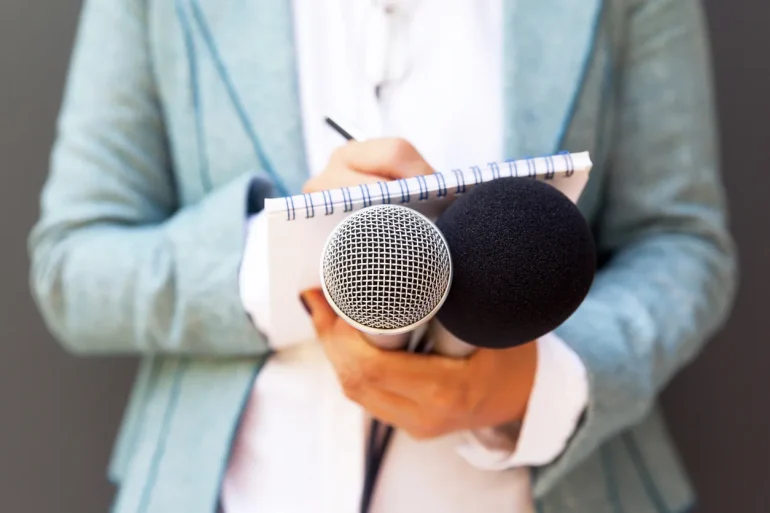Being misquoted in the media can feel like a nightmare scenario for any professional, executive, or public figure. One misinterpreted statement can potentially damage your reputation, distort your message, and undermine years of credibility building. However, media misquotes are more common than you might think, often resulting from rushed deadlines, communication breakdowns, or simple human error rather than malicious intent.
The key lies not in avoiding media interactions altogether, but in knowing how to respond strategically when misquotes occur. Whether you’re dealing with a minor factual error or a significant misrepresentation, having a clear action plan can help you regain control of the narrative and even strengthen your media relationships in the process. This comprehensive guide will walk you through proven strategies for addressing media misquotes professionally and effectively.
Immediate Response: Contact the Reporter First
When you discover a factual error or misquote, your first step should always be to contact the reporter directly. Most journalists want their stories to be accurate and will welcome the opportunity to correct genuine mistakes. The key is to remain focused strictly on factual errors rather than disagreeing with the story’s angle, tone, or approach.
Keep your communication professional and specific. Point out the exact error, provide the correct information, and explain why the accuracy matters. Remember that the mistake may not have been the reporter’s fault – headlines are often written by editors, and errors can be introduced during the editing process.
Escalation Strategy: When to Contact Editors
If the reporter is unresponsive or resistant to making corrections, your next step is to contact an editor, producer, or news director. However, carefully weigh the importance of your relationship with the individual reporter against the need for correction. For minor errors like misspellings or incorrect dates, it may be better to preserve the relationship and let the error go.
When escalating, maintain the same professional approach you used with the reporter. Focus on facts and avoid heavy-handed tactics, regardless of your frustration level.
Understanding Corrections vs. Retractions
It’s important to understand the difference between requesting a correction and demanding a retraction. A correction addresses specific factual errors within, while a retraction involves completely removing the blog and admitting the entire story was wrong. Corrections are commonplace and reasonable to request, while retractions are extremely rare and typically reserved for serious journalistic failures.
Prevention: Reducing Your Risk of Being Misquoted

Preparation and Communication Techniques
The best defense against misquotes is prevention. Take time to prepare for interviews in advance with media training and clear talking points. Think before you speak by taking a moment to collect your thoughts before responding to questions, which helps you be more concise and precise.
Interview Best Practices
Stick to the agreed-upon agenda and have your key messages written down as visual reminders. Don’t hesitate to ask interviewers to repeat back what you said to ensure accuracy. Never answer questions when you don’t know the answer, as this leads to rambling and increases misquote risk.
Technical Safeguards
Consider recording your own interviews to have a transcript available if accuracy issues arise. When possible, conduct interviews via email if you’re concerned about the topic or the reporter’s potential bias. You can also ask reporters to fact-check your quotes or request to review articles before publication, though this isn’t always possible.
Alternative Response Options
Digital Damage Control
If direct contact with the publication doesn’t resolve the issue, consider publishing a clarifying post on your website explaining what you meant to say or expanding on the discussed topic. This gives you control over your message and provides an alternative source of accurate information.
Letters to the Editor
Writing a letter to the editor can be an effective way to publicly clarify your position, especially for significant misrepresentations. Work with a media or public relations professional to craft a response that explains your viewpoint without appearing defensive.
Perspective and Proportionality
Before taking action, honestly assess whether you’re dealing with a genuine misquote or simply disappointed that you don’t sound as eloquent as intended. In our age of information overload, minor errors in articles may quietly disappear without lasting impact. Your response should be proportional to both the nature of the mistake and the scale of the mistake.
Remember that avoiding misquotes through proper preparation and clear communication is ultimately the best strategy. Invest in media training to learn how to stick to facts without providing overly detailed or complex information that commonly leads to misunderstandings.

